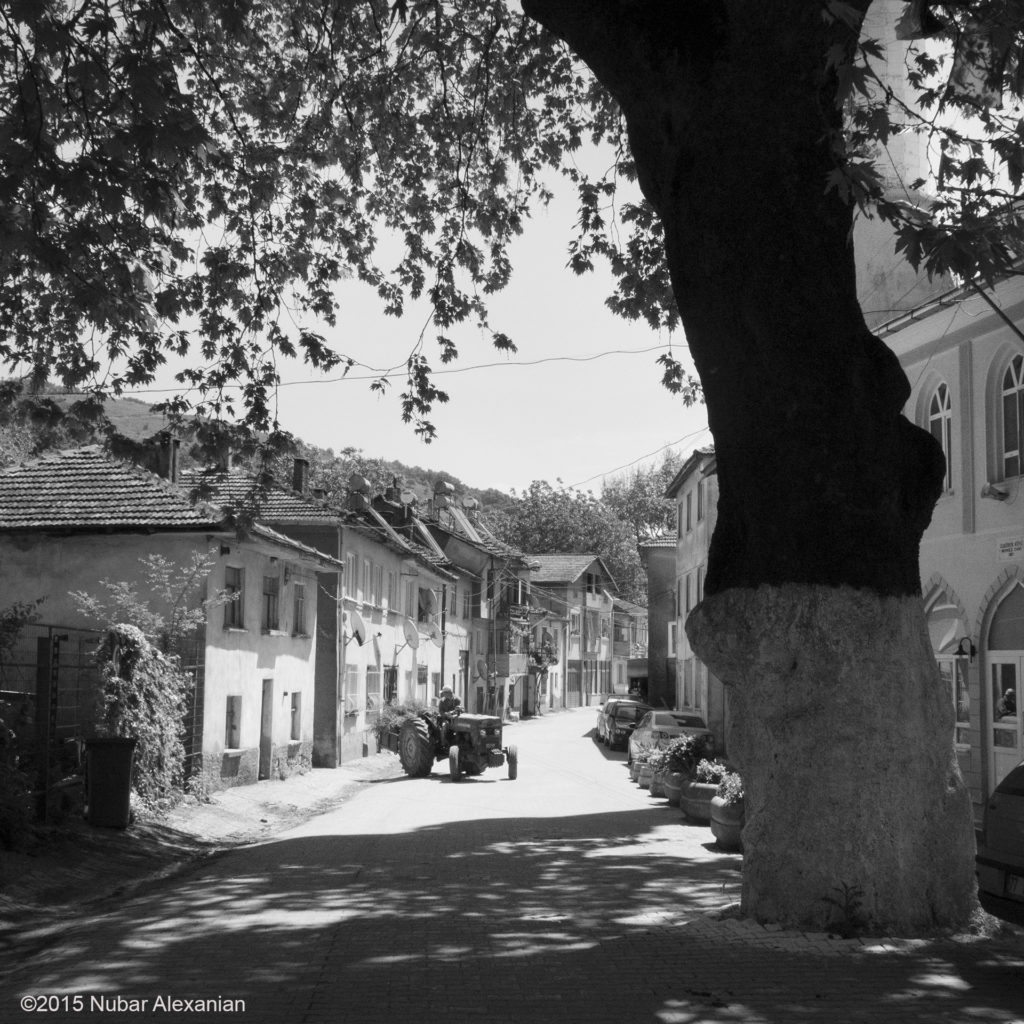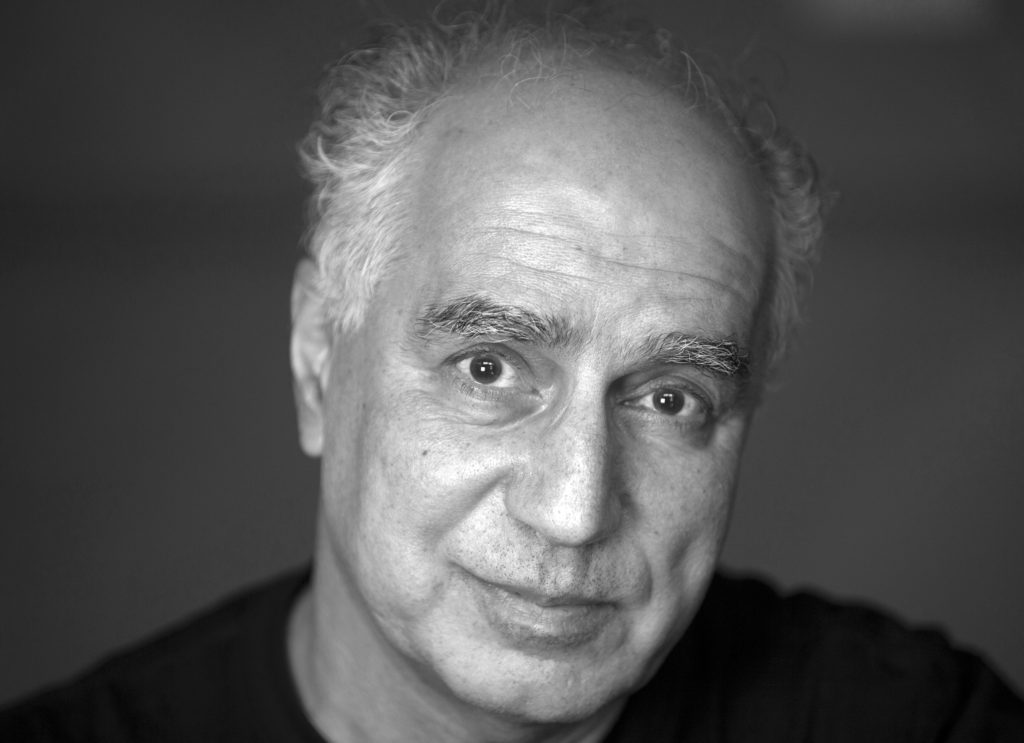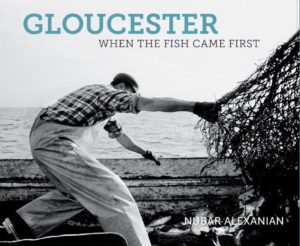Nubar Alexanian: From Land to Sea
April 21, 2016GLOUCESTER, Mass.—Nubar Alexanian is like a whirling dervish when it comes to making a point. If it’s not a genocide film that has occupied his time over the past decade or so, then it’s books on photography.
If it’s not getting involved in community affairs, then it’s family, friends, and fraternity. To say he’s mired in momentum is putting it mildly. He lives the moment.
His latest book—a just-released coffee table gem—is called Gloucester: When the Fish Came First. It’s a compilation of black-and-white photographs from the city where he resides. If anything, it’s a tribute to the unsung heroes of the sea that brought us “The Perfect Storm.”
Alexanian has opted to donate part of the proceeds from the sale to the Northeast Seafood Coalition.
The book was no easy task. The author returned to the same location for decades, capturing a historical document that describes Gloucester’s way of life. He’s been shooting here since 1971 and hasn’t stopped, calling it his life’s work.
“The sea gives and takes away,” it’s noted. “Fishermen and their families look mortality in the face every working day. We cannot say what gives the people of Gloucester their determination and perseverance but photographs capture the spirit when words cannot—and they make time and tide stand still.”
The book contains 66 striking images over 113 pages. For more information, see www.whenthefishcamefirst.com or walkercreekmedia.com/gloucester.
You might consider the work a pleasant diversion from another project at hand. Over the past 10 years, Alexanian and daughter Abby have dedicated themselves to producing a film titled, “Scars of Silence: Three Generations from Genocide.”
It’s been a work in progress that has encountered several trips to Historic Armenia in pursuit of their family’s history following the genocide. As expected, the funding continues to remain sporadic but it hasn’t deterred them from the challenge.
The Alexanians are resolute in their quest to share this film with the outside world, no matter what the consequences. They represent an Armenian-American father-daughter duo that set out to understand the powerful legacy of genocide and the ways “a century of silence” has shaped their families and themselves.
What does it mean to be a second-generation Armenian American?
“I was raised speaking Armenian as my first language, surrounded by the haunting sounds of the oud,” Nubar Alexanian explains. “Yet, no one ever spoke of the persecution that brought my grandparents to America. Not my grandmother who lost three young daughters on a death march, or my grandfather who fled everything he knew, never to return. When your family’s violent past is denied, how do you make sense of the present?”
Alexanian said he felt suffocated by the unspoken suffering and fled as far from his Armenian identity as he could. He rarely talked about his heritage until his daughter asked a simple question.
“Dad, will you come with me to Armenia?”
Thus the inspiration for the film that sent both of them on an inexplicable journey to understand their shared history.

The village of Chengiler in Yalova Province where Nubar Alexanian’s grandmother was deported with her family in 1917. (Photo: Nubar Alexanian)
Alexanian has spent the past 38 years working as a photojournalist and filmmaker. He has traveled to more than 40 countries shooting for magazines such as Life, Newsweek, Time, and National Geographic. He has published five books and rubbed elbows with some of the most influential people in the musical world.
He has grown involved as a recent board member with Project SAVE Armenian Photograph Archives while producing an eclectic video on the organization’s 40-year anniversary last October.
Abby is a graduate of Vassar College. Over the past decade, she has spent considerable time working on her dad’s still photography and film sets.
For Abby, the understanding of this past is a generation removed, yet intensely personal.
“It’s heart-breaking to see what really happened to them and to us,” she says. “But now, I feel like I’m beginning to understand my family and myself.”
In a nutshell, the film is a feature-length documentary of how a young woman’s curiosity propels her reluctant father to join her in finally confronting their family’s dark past and discovering how the denial of the 1915 genocide affects them today.
According to the Alexanians, the project is on firm ground at the moment. Last year they were finalists for a MacArthur Foundation Grant as well as a LEF Foundation Production Grant. They hope to complete production by the end of September.
“Editing will begin in November and proceed as funds are raised to cover final production and post-production expenses,” says Nubar Alexanian. “We expect to have a complete version of the film by June 2017.”
Source: Armenian Weekly
Link: Nubar Alexanian: From Land to Sea

